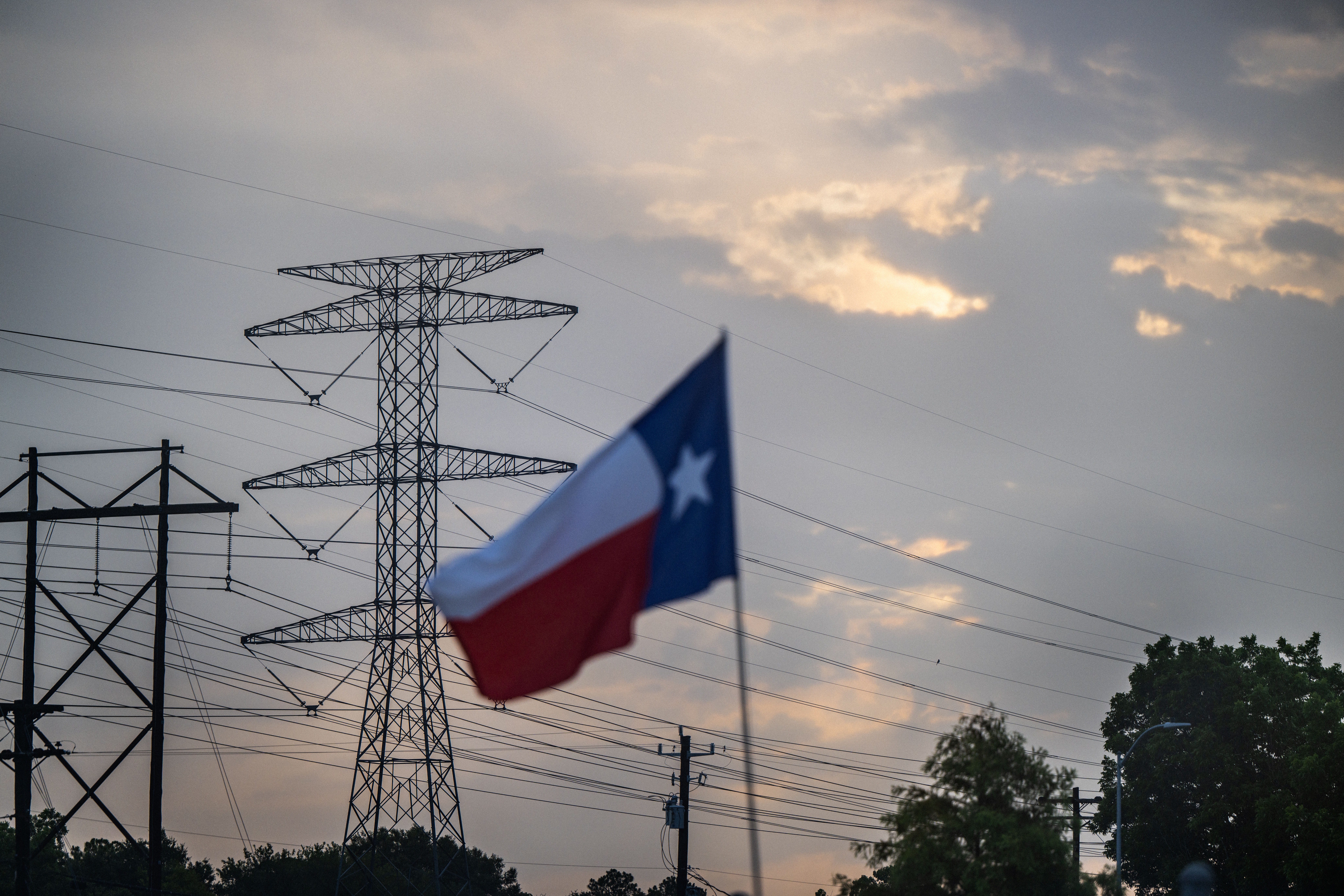Large corporations that want to do business in the state of California could soon be required to calculate and report all of the greenhouse gas emissions associated with their companies, including emissions from their supply chains.
Under a landmark piece of legislation, passed by state lawmakers this week, any company making at least $1 billion a year would be obligated to disclose their annual carbon emissions or risk being excluded from California’s $3.4 trillion market. If signed into law by Gov. Gavin Newsom, some of the biggest corporations in the world, including Amazon, Exxonmobil and Walmart, would have to start reporting their emissions in 2027, including those related to their supply chains, known as Scope 3 emissions. California-based companies would be required to begin in 2026.
The mandate, a first of its kind in the nation, could mark the most significant climate-related legislation to pass in the United States since the Inflation Reduction Act, which dedicates about $370 billion to climate and clean energy initiatives and is expected to cut the nation’s carbon emissions by as much as 40 percent over the next seven years.
“For too long, corporate polluters and financial institutions have tried to downplay the growing risks their climate pollution poses to investors, customers, communities and the economy,” Ben Jealous, executive director of the environmental nonprofit Sierra Club, said in a press release. “California joins a growing list of jurisdictions around the world mandating that corporations accurately disclose all their direct and indirect emissions so that stakeholders can understand and make informed choices about companies’ climate risks and impacts.”
Supporters of the bill say it will help California achieve its climate goals, help investors better weigh the climate-related risks associated with a company and allow customers to make more informed decisions about which companies they want to support with business. Opponents say it’s not feasible for companies to accurately account for all the emissions associated with their supply chain or other activities outside a company’s direct operations or owned assets.
“We’re dealing with information that’s either unreliable or unattainable,” Brady Van Engelen, a policy advocate at the California Chamber of Commerce, told the Associated Press.
It’s unclear whether Newsom, a Democrat who touts himself as a climate champion, intends to sign the bill. His office has refrained from publicly commenting on the legislation. But in July, his administration’s Finance Department opposed the bill, saying it would likely cost the state money that isn’t included in the latest budget, according to the AP. The governor now has until Oct. 14 to make a decision.
With more than 39 million residents and one of the world’s largest economies, California is the most populous state and carries an outsized influence on financial and political decisions nationwide. Because of that, supporters of California’s new emissions disclosure bill believe that if it becomes law, it will have broad and lasting ramifications for the nation.
California was the first state to regulate tailpipe emissions, create an economy-wide carbon market and set a zero-emissions target for vehicles. California is also unique in its ability to set stricter auto emissions standards than the federal government’s, thanks to an exemption granted by Congress. And at least 17 states are now following California’s lead to ban the sale of new gasoline-powered vehicles within their borders by 2035—a testament to the Golden State’s influence.
California’s disclosure bill could also spur other states to adopt mandates that require reporting of Scope 3 emissions. While many companies already disclose their Scope 1 and 2 emissions, which come directly from company operations and owned assets, under California’s legislation, businesses would also have to report their Scope 3 emissions—those produced up and down their supply chains, including by the use of their products. Exxonmobil, for example, would have to report the carbon emissions of its gasoline refineries, as well as the emissions released by customers who buy that gasoline and burn it while driving.
In fact, California’s disclosure rule would be more stringent than the federal one being finalized by the Securities and Exchange Commission. Following intense backlash from corporate America and legal threats from Republican lawmakers promising to wage war on what they call “woke capitalism,” the SEC dropped Scope 3 emissions from its pending rule.
Still, even if California’s disclosure bill becomes law, the U.S. continues to lag behind other major global economies that have already passed laws that will soon require companies to report all their emissions, including Scope 3, said Danielle Fugere, president of the advocacy investor group As You Sow, in a press release. “The California Legislature’s passage of (its disclosure bill) follows stringent regulatory disclosure requirements being developed in the EU and the U.K.,” she said. It’s “yet another signal that full-Scope 1-3 emissions reporting is the new norm, not the exception.”
More Top Climate News
It’s #ExxonKnew Round Two: A new Wall Street Journal investigation revealed previously unreported internal documents that emerged during New York’s climate-related lawsuit against ExxonMobil. WSJ points to documents the judge didn’t make public, which show how the oil giant privately sought to bolster its fossil fuel assets and undermine climate science long after publicly acknowledging its products caused climate change. While the WSJ report certainly highlights an ongoing pattern at Exxon, it’s hardly a revelation. Inside Climate News broke that story eight years ago, spawning the popular hashtag #ExxonKnew.
Biden Administration Restores State Power to Block Pipeline Projects: States and Native American tribes will have greater authority to block energy projects such as natural gas pipelines that could pollute rivers and streams under a final rule issued Thursday by the Biden administration, Matthew Daly reports for the Associated Press. The Biden rule, which takes effect in November, reverses regulation implemented by the Trump administration that narrowed the scope of environmental reviews for energy projects by redefining what constitutes the “Waters of the United States.”
Climate Change Sends Most Indicators of Earth’s Health Into Danger Zone: Researchers are warning in a new peer-reviewed study that climate change is driving the planet to become increasingly inhospitable, from dangerously warm temperatures to vast species extinctions, Laura Millan reports for Bloomberg. The study, published Wednesday in the journal Science Advances, found that only three of Earth’s nine key health markers—the depletion of ozone in the stratosphere, the loading of aerosols in the atmosphere and ocean acidification—are considered to currently be in the safe zone.
Today’s Indicator
$3.2 trillion
That’s how much money banks have provided to fossil fuel companies, between 2016 and 2022, to expand their operations in the Global South, according to a new report from social justice advocacy group ActionAid.



















